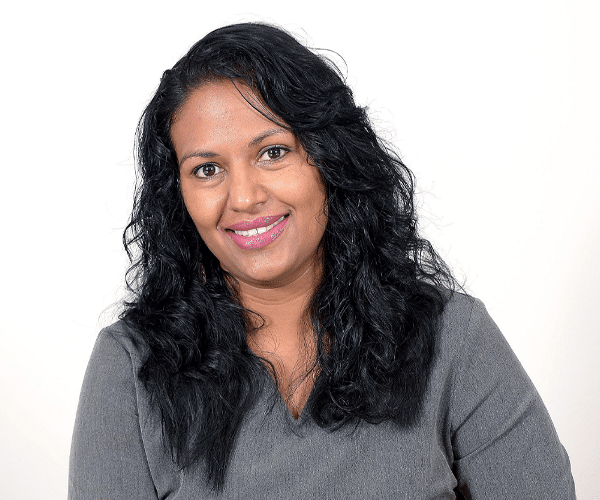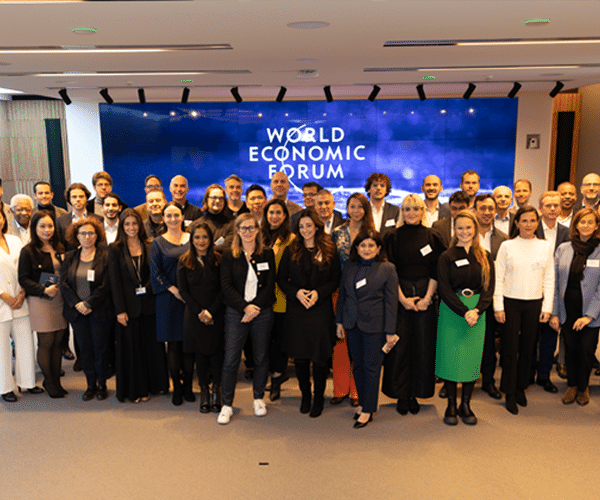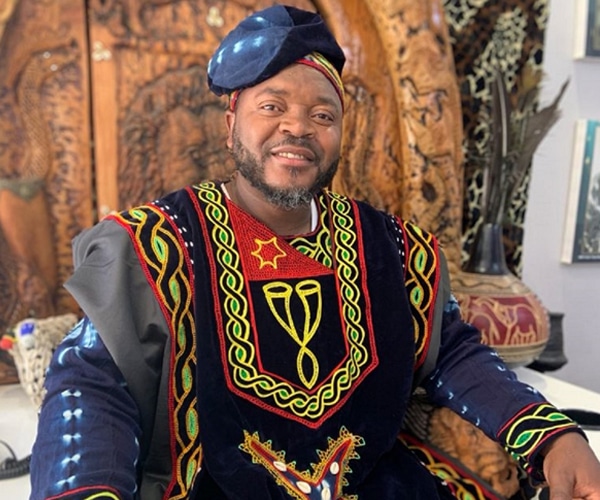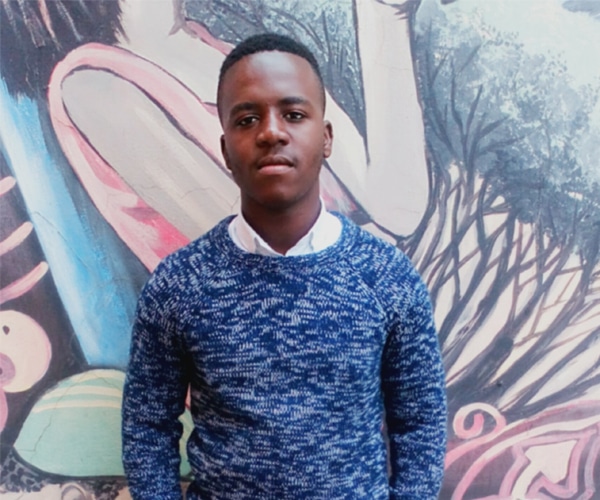Dr Cleo Karrim is new Head of School of Education at MANCOSA
Dr Karrim began her journey at Mancosa in 2018 as an Academic on the Bachelor of Education and PGCE programmes. She later was promoted to the role of an Academic Programme Manager for the Bachelor of Education qualification.

Dr Cleo Karrim has been appointed as Head of School for the School of Education at MANCOSA.
Dr Karrim began her journey at Mancosa in 2018 as an Academic on the Bachelor of Education and PGCE programmes. She later was promoted to the role of an Academic Programme Manager for the Bachelor of Education qualification.
The School of Education has been a major project as it was a new vertical at MANCOSA.
In aligning to the broader societal and technological shifts triggered by 4IR, MANCOSA officially launched the School of Education with the objective of revolutionising traditional classroom teaching in a complex school education landscape through bespoke teacher training programmes.
MANCOSA’s School of Education endorses the proactive use of technology to enable teacher readiness and to promote impactful learner outcomes to address the employability agenda, with special emphasis on scarce specialised teaching skills in maths and science.
Innovative, compelling and interactive methods of teaching in the form of simulated and “live in” classrooms – the iTeach Lab – will expose teachers to various environments, situations and contexts. The iTeach Lab impresses on producing a hyperfunctioning teacher with the mental fortitude to succeed in diverse teaching environments.
Mindful of the inherent challenges of funding, resources; professional development structures; and lack of technology in education and training, MANCOSA’s School of Education is geared to enable quality teaching and learning through a suite of programmes to create demand for sought-after skills in a highly competitive job market.
Dr Karrim graduated with a PhD from UKZN in 2021. The title of her research was “Negotiating femininity and marginalisation: Coloured teenage girls accommodating and resisting violence, poverty and hypersexual masculinities in a predominantly Coloured township in KwaZulu-Natal, South Africa.”
ENDS





